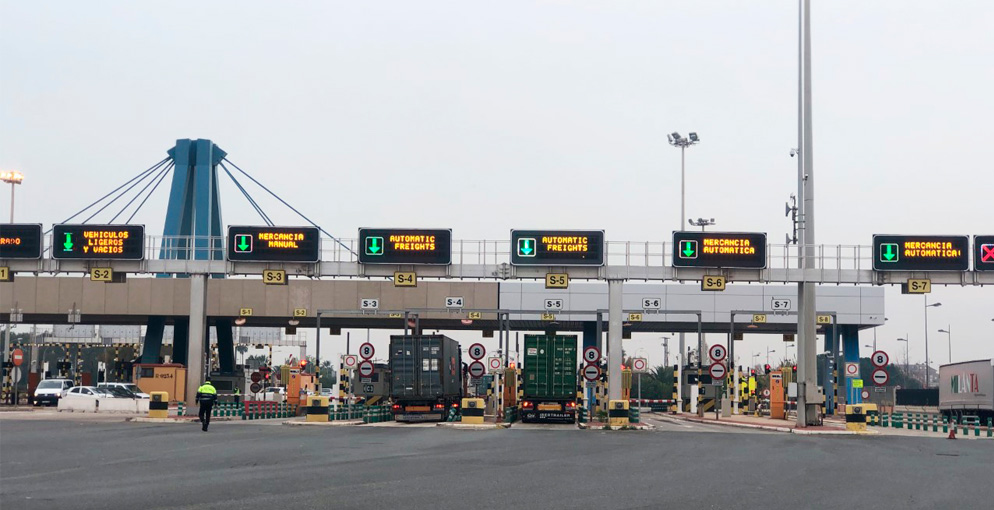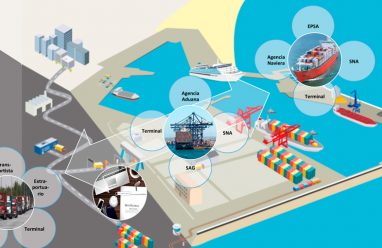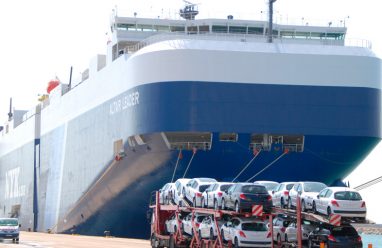The primary aim of the analysis is to design (processes and support systems) an appointment or shift management system for the reception and delivery of containers by lorry in the container terminals of the port of Valencia, together with the detailed analysis of the main implications, advantages and disadvantages arising from its potential implementation.
Said system has arisen as one of the initiatives conceived to respond to the build-up and concentration of container delivery and admission operations as a consequence of the increase in traffic, the concentration of the maritime sector, agreements between companies and the arrival of huge ships with shared services.
The analysis was carried out from the perspective of each of the stakeholders, analysing how the implementation of said appointment system might affect ground freight carriers, freight forwarders, shipping agents and terminal operators, and putting forward alternatives that help to overcome any difficulties identified.
With this in mind, an analysis was carried of the current operational performance of the system using historical data of the different planning and execution events of the delivery and admission of containers in the terminals, as well as fieldwork and work meetings with stakeholders for the detailed operational analysis.
The work was completed with the definition of a staggered implementation plan (creation and taking of measures; training; pilot tests; final implementation), with the definition of a monitoring system with different types of indicators to assess the operational performance and the results of the new appointment system, and with the identification of a set of preliminary actions and necessary recommendations to be able to successfully carry out the project.







